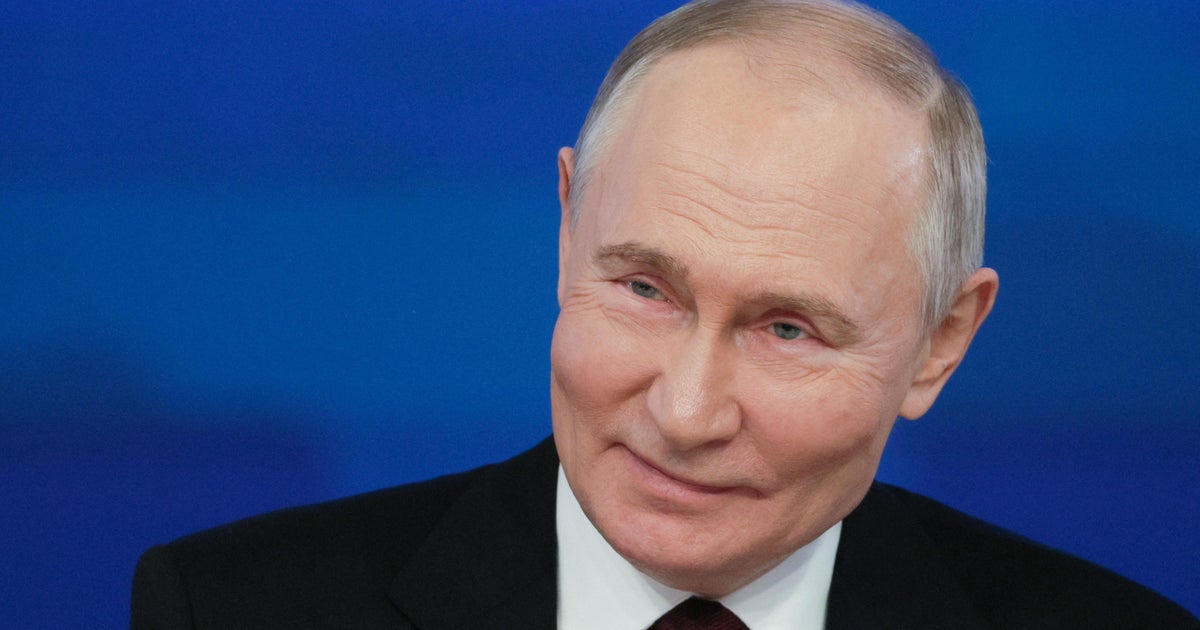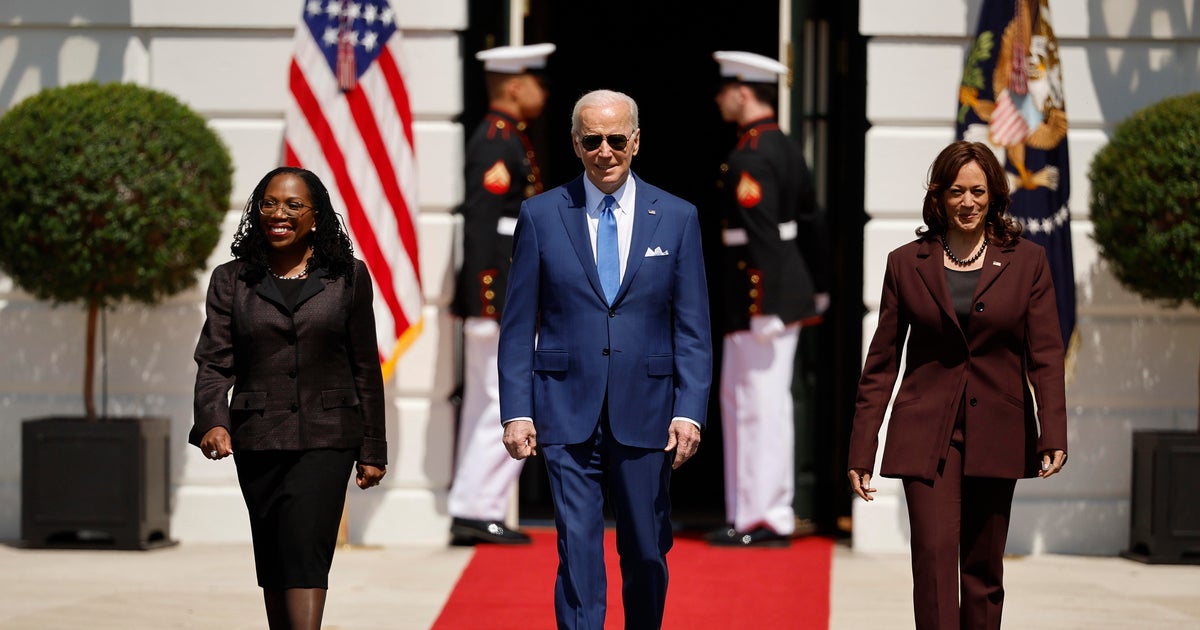Trump policies met with scrutiny and confusion on world stage
Munich - The deepening strain between the United States and some of its most important Western allies was laid bare this weekend at an international security conference here, where both the wisdom and coherence of a number of U.S. foreign policy choices was widely – and openly – questioned.
This was evident from the beginning of the conference, when its chairman, Ambassador Wolfgang Ischinger – in a blue hoodie emblazoned with the stars of European Union's flag – introduced the conference's flagship report titled, "Who will pick up the pieces?" and challenged leaders to find ways to preserve the stability once fostered by the post-World War II order.
"After two years in office, the Trump administration has triggered a reassessment of transatlantic relations in Europe," the report says. "Many key officials have left, and U.S. policy is increasingly looking like Trump's tweets."
The Trump administration's efforts to erode European support for the Iran nuclear deal, its abrupt decisions to withdraw its military from conflicts in Syria and Afghanistan and its critical posture toward a range of multilateral agreements and institutions came under fire from several sources once sympathetic to U.S. priorities.
And while a historically large delegation of U.S. lawmakers – more than 50 in total – descended on the Munich Security Conference, which annually convenes dozens of heads of state and foreign, defense and intelligence officials, their efforts to defend, explain or justify some of the administration's decisions at times fell flat.
"Don't worry about America," Republican Senator Lindsey Graham of South Carolina said on Friday. "The Congress is very much into this organization called NATO."
He argued that Mr. Trump's "America First" policy was at its core about improved burden-sharing and that the president's questioning of the status quo was "a good thing."
To laughter, he said, "The president can be a handful – but so can many of you."
Graham used his speech to appeal to European leaders to offer up their own resources to bolster a post-caliphate strategy in Iraq and Syria where, he said, the Islamic State was "dead."
But even some of Graham's co-panelists, among whom was French foreign minister Jean-Yves Le Drian, called the administration's Syria policy "a mystery."
"How can one be very firm against Iran and at the same time abandon northeast Syria, when one knows that in the end it favors Iranian activities in the region?" Le Drian said.
On Saturday, in a speech hailed as one of the most dynamic in her political career, German Chancellor Angela Merkel offered a full-throated defense of multilateralism while taking several subdued shots at Mr. Trump.
She likewise questioned the president's decision to withdraw most military support from Syria, asking, to applause, "Will that not strengthen Iran's hand – and Russia's hand?"
Merkel lamented the United States' scrapping of a longstanding nuclear arms treaty with Russia and said it was "a bit of a shock" to hear the Trump administration refer to German cars, many made in the U.S., as a national security threat. U.S. commerce secretary Wilbur Ross is expected to issue a report on foreign car imports this week.
As Merkel concluded her remarks to an enthusiastic standing ovation, live footage showed Ivanka Trump, who had traveled to the conference to hold a series of meetings with European leaders on women's economic empowerment, sitting impassively.
But it was the contrast between the robust response to Merkel and the sporadic clapping received by U.S. Vice President Mike Pence that garnered most attention.
Pence offered remarks that, at their start, were a fulsome accounting of the Trump administration's domestic successes, including a reinvigorated economy and job growth. "America is leading on the world stage once again," he declared, before extolling Mr. Trump for boosting commitments to NATO.
His most emphatic appeal, however, was mostly met with bewilderment from European leaders who had made clear their continued support for the Iran nuclear deal.
In a declaration seen as imperious instead of persuasive, Pence said, "The time has come for our European partners to withdraw from the Iran nuclear deal, and join with us as we bring the economic and diplomatic pressure necessary to give the Iranian people, the region and the world the peace security and freedom they deserve."
That insistence was later panned by attendees as tone-deaf. A day earlier, European foreign policy chief Federica Mogherini had already said the EU would uphold the "full implementation" of the deal, which she called "fundamental" to the bloc's security. Merkel acknowledged Tehran's troublesome behavior in the region but maintained there was value in preserving the deal.
On Sunday, Iranian foreign minister Javad Zarif called Pence's remarks a "farce" and challenged European nations to resist what he said was "outrageous," U.S.-led pressure to violate international law.
"Europe needs to be willing to get wet if it wants to swim against the dangerous tide of U.S. unilateralism," Zarif said. He derided an earlier summit held in Warsaw that was in part intended to rally support for U.S. positions on Iran as a coalition of "the unwilling and the openly coerced."
And in an overt swipe at Mr. Trump's more benevolent approach to negotiations with North Korea's Kim Jong Un, Zarif said Iran had negotiated "not a two-page document and a photo op," but a 150-page deal.
"Nothing can be done that is better than this deal," Zarif said.
Unofficial efforts to foster diplomatic and political discourse came from a variety of other channels throughout the weekend.
Former Vice President Joe Biden, who spoke hours after Pence, said the U.S. would remain committed to its allies, dismissing the Trump administration's more combative stance toward Europe as temporary.
"This, too, shall pass," Biden said. "We will be back."
House Speaker Nancy Pelosi, who did not speak publicly at the conference but who received a burst of applause after her presence was acknowledged by Chancellor Merkel, was expected to meet with EU Commission president Jean-Claude Juncker in Brussels on Monday.
And the Atlantic Council, an American think tank based in Washington, D.C., used the conference to unveil a set of seven "Principles for Freedom, Prosperity and Peace" it said were fundamental to maintaining a rules-based international order.
"The situation is grim all over the place," said former U.S. Secretary of State Madeleine Albright, who co-chaired a panel announcing the campaign alongside Stephen Hadley, former U.S. national security adviser to President George W. Bush, and former top officials from Sweden and Japan.
Albright said defenders of liberal values and institutions would have to "renew their vows."





